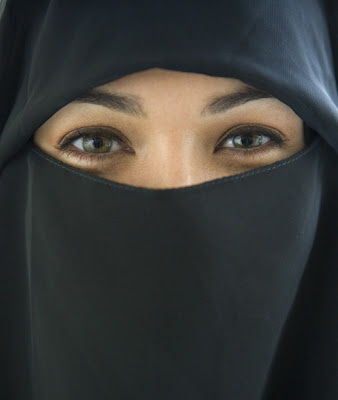
Pregnant Arab women have an “extraordinarily high prevalence” of vitamin D deficiency – a potential health issue for them and their babies. According to Adekunle Dawodu, M.D., a physician in the Center for Global Child Health at Cincinnati Children “Vitamin D deficiency is common in Arab women, and its deficiency in pregnancy is detrimental to the health of both mother and child,”. Arab women have an “extraordinarily high prevalence” of vitamin D deficiency — a potential health issue for them and their babies.
Dr. Dawodu presented his study May 1 at the annual meeting of the Pediatric Academic Societies in Vancouver, Canada. “Vitamin D deficiency is the major cause of rickets around the world, but rickets may be just the tip of the iceberg,” says Dr. Dawodu. “Increasingly, research is revealing the importance of vitamin D in protecting against a host of health problems — not just those involving calcium and bone. It also may increase the risk of respiratory infection and chronic diseases after birth and later in life.”
Dr. Dawodu studied vitamin D status in 105 expectant Arab mothers participating in a prenatal, vitamin D supplementation study in the United Arab Emirates. Blood samples were taken at different times of the year. Dr. Dawodu found no seasonal variation in the rate of vitamin D deficiency.
Blood vitamin D levels in adults of less than 50 nanomoles per liter are considered deficient. In this study, 76 percent of the women had blood vitamin D levels below 25 nanomoles per liter — an amount considered very low by any standard. In addition, these pregnant women had low levels of dietary vitamin D intake and low rates of sun exposure outdoors. “Vitamin D supplementation and modest sun exposure require urgent attention,” says Dr. Dawodu.



No comments:
Post a Comment